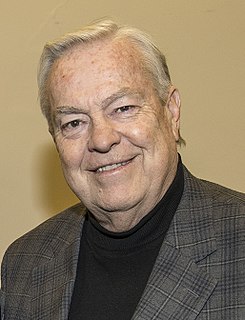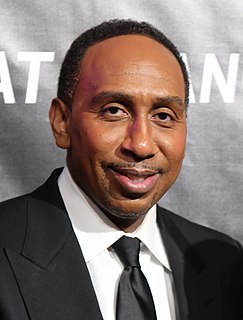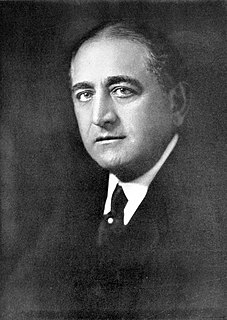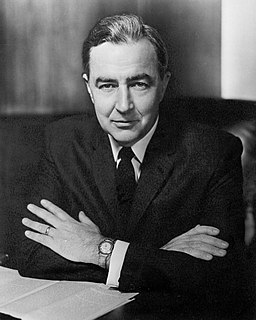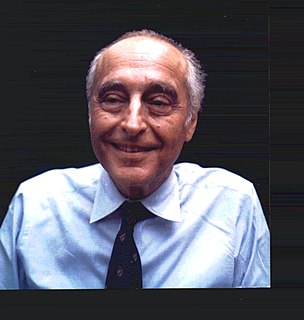A Quote by Bill Kurtis
I'd like 'Morning News' to become a great first edition electronic newspaper, so that the 'New York Times' will want to watch us.
Related Quotes
On a daily basis, my home life is very simple. I spend about 2 hours every morning reading the newspaper. As my two assistants will tell you, I don't come to work in the mornings, for two reasons. First, I want to be informed - that means I go through The New York Times every day, and then I watch some news on television. The second is, mornings are the best time to communicate with my clients abroad.
Recently it's become much to my surprise, something that does happen. For example, I used to get almost all of my stories, and it's probably still true, from newspapers. Primarily from The New York Times. No one ever really thinks of The New York Times as a tabloid newspaper and it isn't a tabloid newspaper. But there is a tabloid newspaper within The New York Times very, very often.
The New York book was a visual diary and it was also kind of personal newspaper. I wanted it to look like the news. I didn’t relate to European photography. It was too poetic and anecdotal for me… the kinetic quality of new york, the kids, dirt, madness—I tried to find a photographic style that would come close to it. So I would be grainy and contrasted and black. Id crop, blur, play with the negatives. I didn’t see clean technique being right for New York. I could imagine my pictures lying in the gutter like the New York Daily News.
I speak to kids 16, 17 years old, they haven't read a newspaper. They haven't physically handled a newspaper. They don't even look at the headlines on a subway. These kids are on the Internet and the level of news that they're getting is not the quality of 'The New York Times' or 'The Wall Street Journal.' It's way deficient, and they don't care.
It will be my earnest aim that The New York Times give the news, all the news, in concise and attractive form, in language that is permissible in good society, and give it as early if not earlier, than it can be learned through any other reliable medium; to give the news impartially, without fear or favor, regardless of party, sect, or interest involved; to make of the columns of The New York Times a forum for the consideration of all questions of public importance, and to that end to invite intelligent discussion from all shades of opinion.
A handful of us determine what will be on the evening news broadcasts, or, for that matter, in the New York Times or Washington Post or Wall Street Journal. Indeed it is a handful of us with this awesome power.And those [news stories] available to us already have been culled and re-culled by persons far outside our control.
When Caroline Kennedy managed to say 'you know' more than 200 times in an interview with the New York 'Daily News,' and on 130 occasions while talking to 'The New York Times' during her uninspired attempt to become a hereditary senator, she proved, among other things, that she was (a) middle-aged and (b) middle class.
The onus is on us to determine whether free societies in the twenty-first century will conduct electronic communication under the conditions of freedom established for the domain of print through centuries of struggle, or whether that great achievement will become lost in a confusion of new technologies.
When I got my very first phone call that I'd hit the 'New York Times' list, I had a small rush of 'I've made it!' But the next morning, it occurred to me I didn't know what it was, so I called my agent and asked what being a 'New York Times' bestselling author really meant. He informed me that I was now a thousand pound gorilla.
I am a big fan of the electronic book. I hate to see the old bookstores close, but they have to reinvent themselves. I believe the First Edition bookstore will be the next thing. People will read electronically, then decide they want to own that book. The author will then be invited to the old bookstores to sign. I think books will always be with us, but they will fill a different need.
